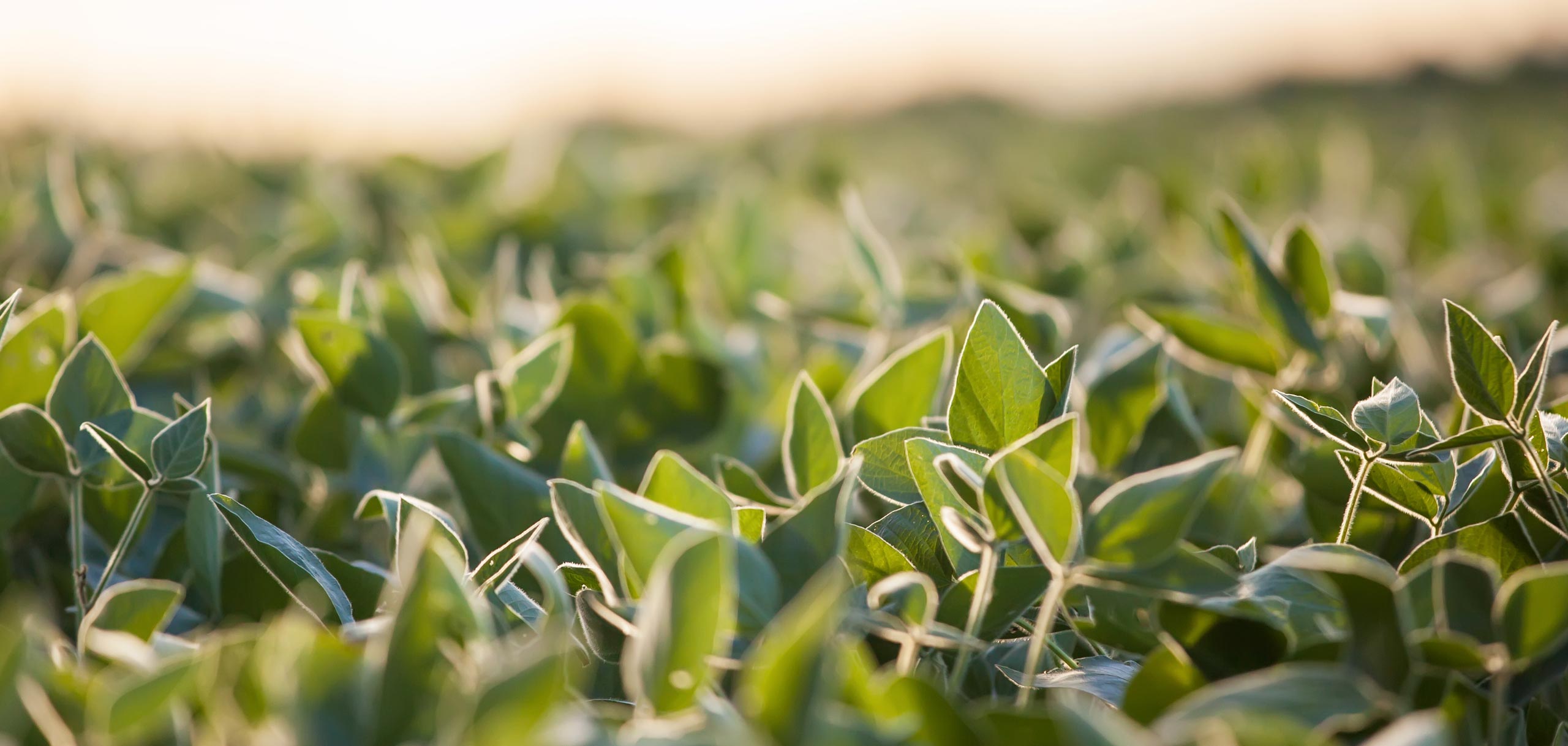USSEC Leads High Level Study Mission to Indonesia
- Category:
- General News

USSEC and the U.S. Foreign Agricultural Service organized a study team of experts to travel to Indonesia on April 3-4 to meet with that country’s government bodies and industry officials. The study team’s visit was in response to a July 2012 announcement by Indonesia’s government that it would implement measures to stabilize the country’s soybean prices in reaction to the unprecedented price volatility resulting from the drought in South America and its impact on the global market. Among these measures were the reinstitution of BULOG (the government logistics organization) as the primary stabilizing body, the implementation of government established floor prices on locally grown and purchased soybeans, implementation of government established ceiling prices on soybeans sold to tempe and tofu producers and tighter regulation of private importers to insure compliance with the new policies. Such government intervention in what has been a dynamic and competitive free market would have significant implications on the Indonesian soybean market and U.S. exports of soybeans to that country, which is USSEC’s third largest export market globally. The study team’s mission was to meet with government bodies and industry officials to help them to better understand the potential negative implications such controls would have on a free market and suggest possible alternative solutions.
The study team was led by USSEC CEO Jim Sutter; and included Bo Delong, President of Delong Company, regional management team members from INTL FCStone, one of the world’s leading commodity execution and advisory services groups, and the U.S. Agricultural Counselor and staff. Meetings were held with the newly established Indonesian Soybean Association, the Chairman of the Organization of Indonesian Tempe and Tofu Cooperatives, the Special Assistant to the Vice President of Indonesia, the Indonesian Vice Minister of Trade, the Chairman of BULOG and his staff, the Special Advisor to the Coordinating Minister for Economic Affairs and the country’s key private soybean importers.
Tempe and tofu are fundamental sources of protein for much of Indonesia’s population and are produced by thousands of cottage industry producers across the country. In addition to providing basic dietary needs, this industry employs millions of people. The unprecedented global price spikes of 2012 had major implications on both producers and consumers, many of whom are among the nation’s poorest. Politically, the Indonesian government has had little choice but to intervene. The study team’s mission was to address how that intervention could best be approached. As global soy prices have eased with good weather and subsequent expectations for a bountiful new crop, the urgency for the Indonesian government to act has somewhat relaxed. There is now time and opportunity for the Indonesian government to explore alternative approaches that will best cushion its market from volatility while allowing it to remain free and open. The study team’s visit opened up a variety of these opportunities for consideration going forward.
In 2012, Indonesia imported 1.7 million metric tons (MT) of soybeans from the United States, equating to a value of over $1 billion and a market share exceeding 90%.